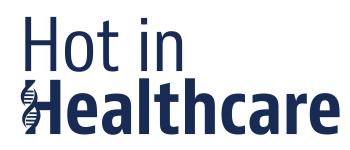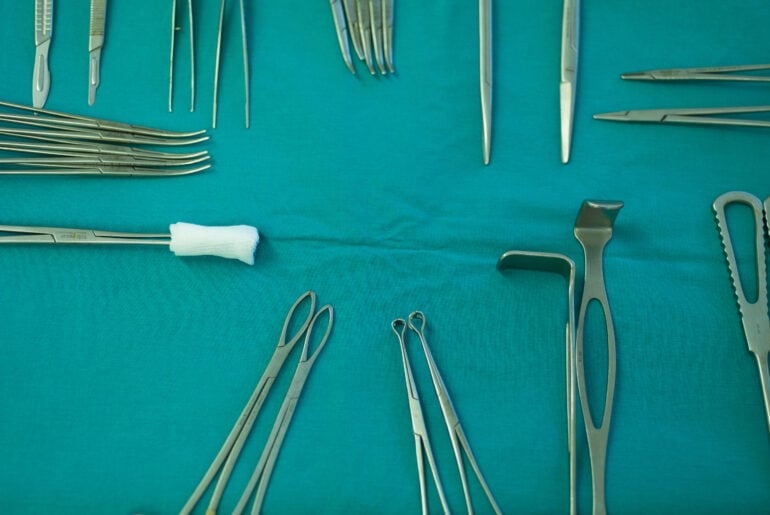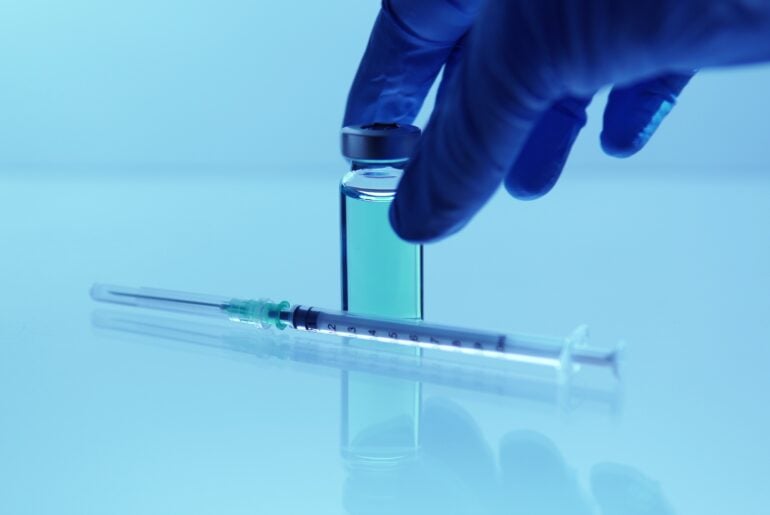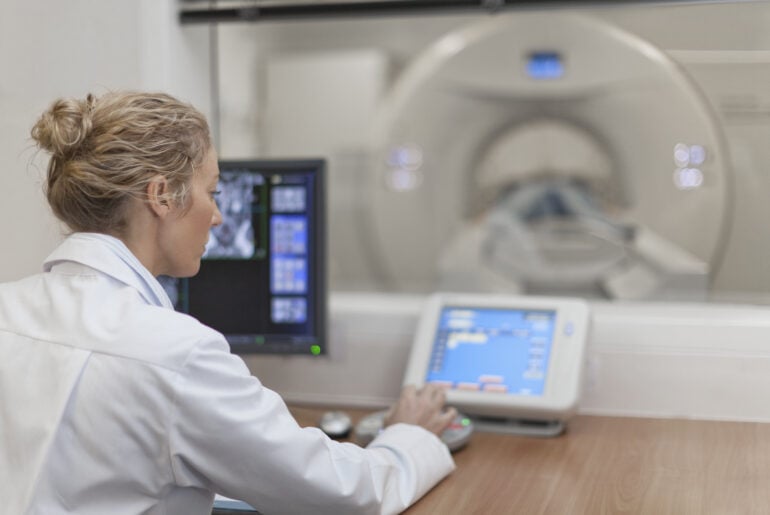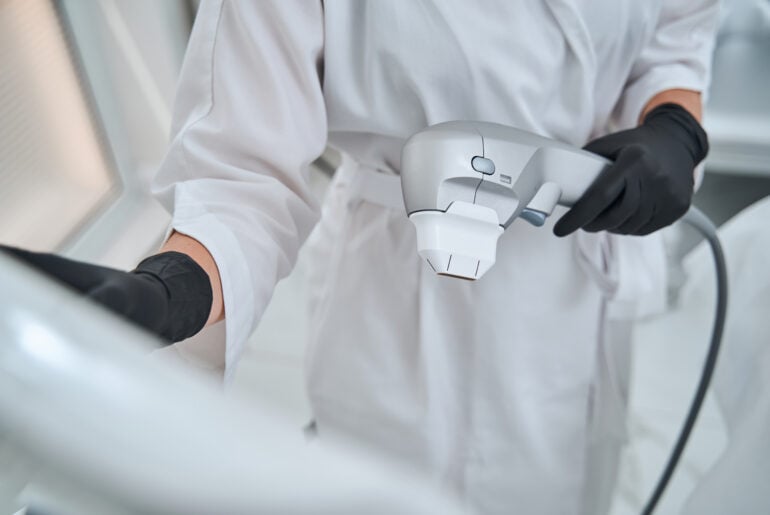Tariffs and shifting trade dynamics continue to disrupt healthcare and life sciences supply chains. But in addition to affecting operational and commercial outlooks for business, they are also revealing new opportunities for innovators and investors. In the final article of the series, we explore five key questions:
As supply chains shift and vendor arrangements evolve in response to tariffs, life sciences companies must adapt to increasingly intricate and intertwined challenges across operational and commercial needs. Manufacturing relocation, technology adoption, and new vendor partnerships require careful oversight of labor, compliance, human rights, and union matters. Protecting IP and data is vital against brand, legal, and cyber risks. Early IP registration, strong contracts, audits, and compliance help manage regulations and reduce Anti-Money Laundering (AML)…
Brussels has finally blinked. On 8 September 2025, the European Commission launched a call for evidence to simplify the MDR and IVDR. The window is short — it closes on 6 October 2025, but the signal is clear: the Commission is ready to revisit rules that have become heavier than the risk they were meant to control. What’s on the table? The Commission wants to use this feedback to: Why now? This move sits alongside…
Amid fluctuating tariffs and complex trade policies, healthcare and life sciences (HLS) companies face mounting operational and legal challenges within their global supply chains. Organizations are taking steps to retool their supply chains in response to threats against stability, but change introduces myriad knock-on implications. In the second article of the series, we explore four key questions for HLS businesses considering new supply chain strategies:
The MHRA didn’t take a summer break this year, so while we were packing our suitcases, the MHRA has been packing in the device reforms. We’ve set out a rundown of what’s new for medical devices in the UK. The main takeaways are: The details Enforcement is already happening. We’ve seen manufacturers navigating the new MORE portal (guidance here) and parsing fresh guidance on reportable incidents – including device-specific examples like Software as a Medical…
The healthcare and life sciences sector is facing new trade winds and a looming threat of increased tariffs. This places additional pressure on a typical life sciences supply chain timeline. We recently launched a four-part article series on supply chains, aimed at exploring the legal and operational complexities that healthcare and life sciences companies face as they navigate evolving global supply chain challenges. The first article explores the steps companies can take to ensure business…
In the race to innovate, life sciences companies are betting big on M&A, but navigating the risks requires smarter deal structures Big pharmaceutical companies facing patent cliffs. MedTech companies seeking access to the latest AI technologies. Across the life sciences industry, companies have strong incentives to use M&A to grow their product pipelines, enhance their existing product offerings, and gain access to new markets. But, at what cost? Less than half of phase II clinical…
Commission enacts first Implementing Regulation under the EU’s International Procurement Instrument – and the Chinese Government promptly retaliates For the first time, the European Commission completed an investigation under the International Procurement Instrument (IPI) and implemented measures to limit the participation of economic operators from non-EU countries – in this particular case, China – in the EU public procurement market. After EU suppliers of medical devices have arguably been denied fair access to Chinese government…
The German Accessibility Strengthening Act (BFSG), implementing the European Accessibility Act Directive (EU 2019/882), takes effect on June 28, 2025. While medical devices themselves are not within the scope as a product category, accessibility requirements may still apply where medical device software operates on EAA-covered hardware (e.g., smartphones, tablets). E-commerce services, including webshops selling medical devices directly to patients, must also be EAA-compliant. Certain components of medical or healthcare apps, particularly account creation and registration…
AI as a medical device (AIaMD) in Europe is at a crossroads. As manufacturers grapple with compliance under two separate legal regimes – the EU AI Act (AIA) and EU Medical Device Regulations (MDR) – concerns are mounting around the sluggish pace of Notified Body designations and glaring inconsistencies between the two frameworks. Can the EU stay competitive when the AIA is piling on more regulatory obstacles than ever before? In our blog post, we…
